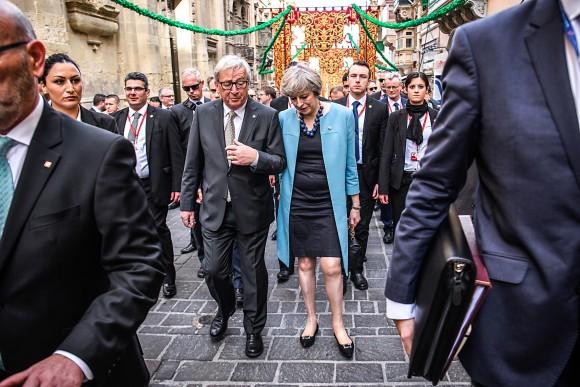BIRMINGHAM, England—The fate of 2.9 million European Union nationals who migrated to the United Kingdom now rests on a final legislative skirmish that will see Britain leave the EU.
As Britain lurches toward leaving the EU, a last-ditch move by the Parliament’s House of Lords could force the government to guarantee permanent residency to the 5 percent of the population that comes from EU countries.
Brexit—the United Kingdom’s exit from the European Union—is a complicated affair that begins with invoking Article 50, an EU treaty clause that triggers divorce proceedings and kickstarts a two-year settlement negotiation.
On Feb. 8, members of the British Parliament (MPs) overwhelmingly granted the government permission to invoke Article 50, in a simple bill without caveats. This “carte blanche” for negotiations infuriated many “Remainers” (those who voted to stay in the EU), in part because it offered no guarantees to EU migrants.






